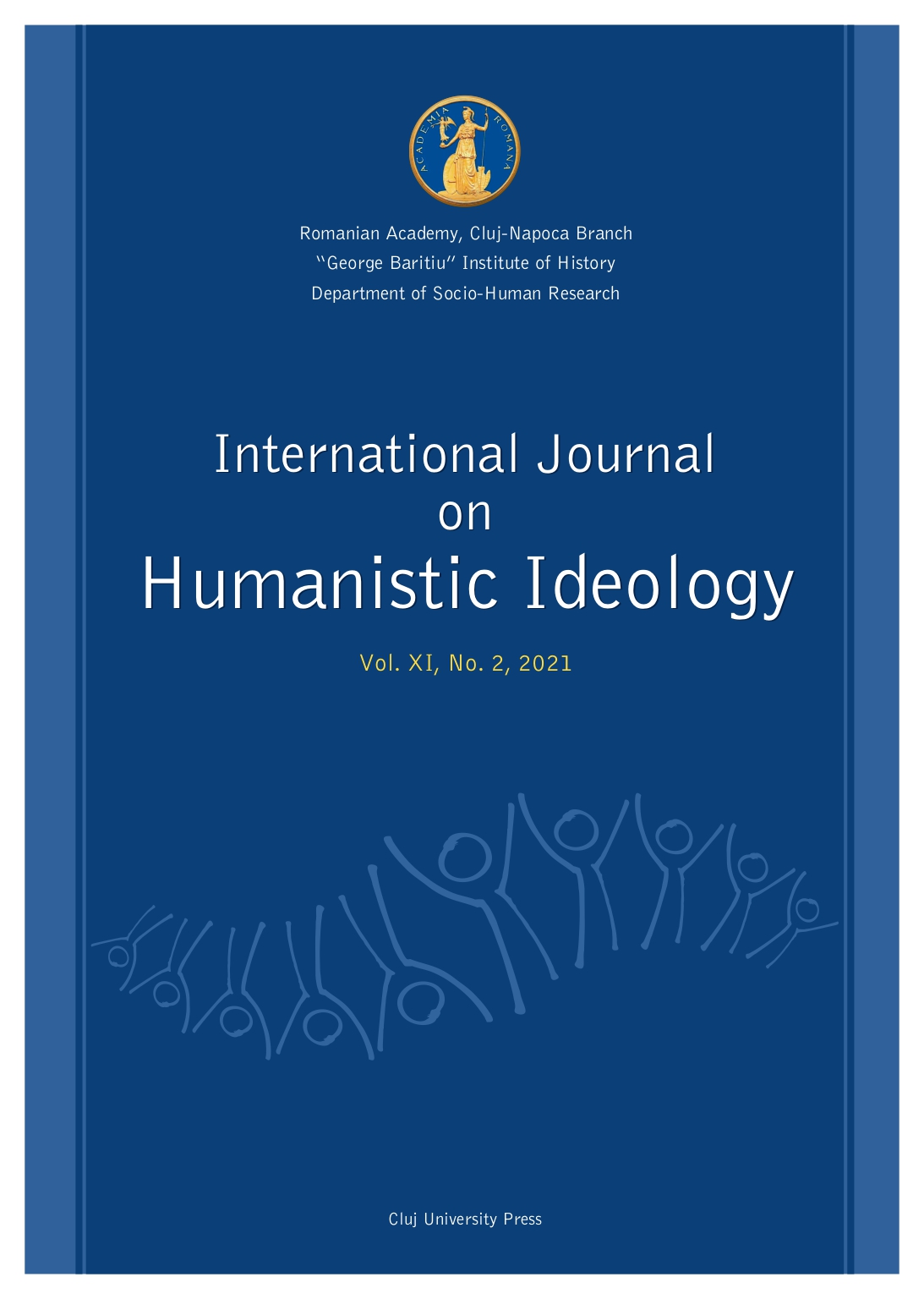The Indestructible Repetition of Desire – Kierkegaard near Lacan
The Indestructible Repetition of Desire – Kierkegaard near Lacan
Author(s): Flaviu-Victor CâmpeanSubject(s): Philosophy, Social Sciences, Psychology, Philosophical Traditions, Ethics / Practical Philosophy, Existentialism, Psychoanalysis
Published by: Presa Universitara Clujeana
Keywords: desire; repetition; anxiety; psychoanalysis; object a; Other;
Summary/Abstract: This essay explores the narratives of desire in Kierkegaard, in the psychoanalytic approach of Jacques Lacan’s formulation of the object a, cause of desire. The indestructible desire, as Freud put it, forms the core of the uniqueness of the subject and its constitution. Consequently, the repetition of desire in existence becomes itself indestructible and, furthermore, pertains to the impossibility of satisfaction. In psychoanalysis, the symbolic phallus as a significant of lack mediates the relation between the subject and its lack, which is a lack of the Other. In Kierkegaard, desire deploys itself existentially in seduction, in accordance with his sacramental relation to Regine and also to the dialectic of his literary characters, especially with respect to the erotic stages. The paper closely follows Kierkegaard’s own psychoanalytic intuitions, ranging from the repetition of lack and the psychoanalytic relevance of the erotic stages to a desire of repeating the new and an ultimate desire that goes beyond the limits of a desiring subject.
Journal: International Journal on Humanistic Ideology
- Issue Year: XI/2021
- Issue No: 2
- Page Range: 213-235
- Page Count: 23
- Language: English

